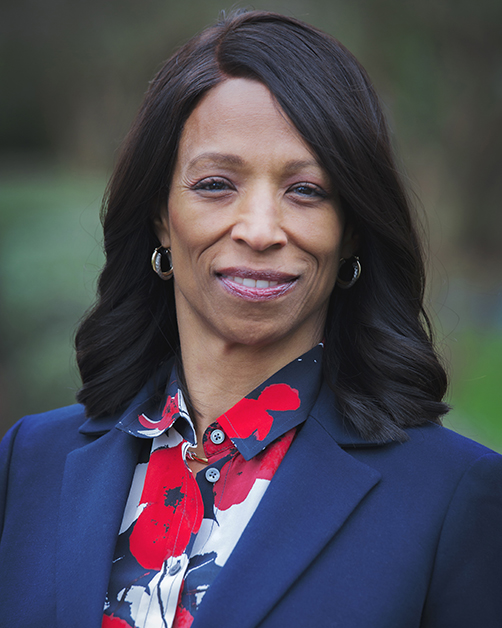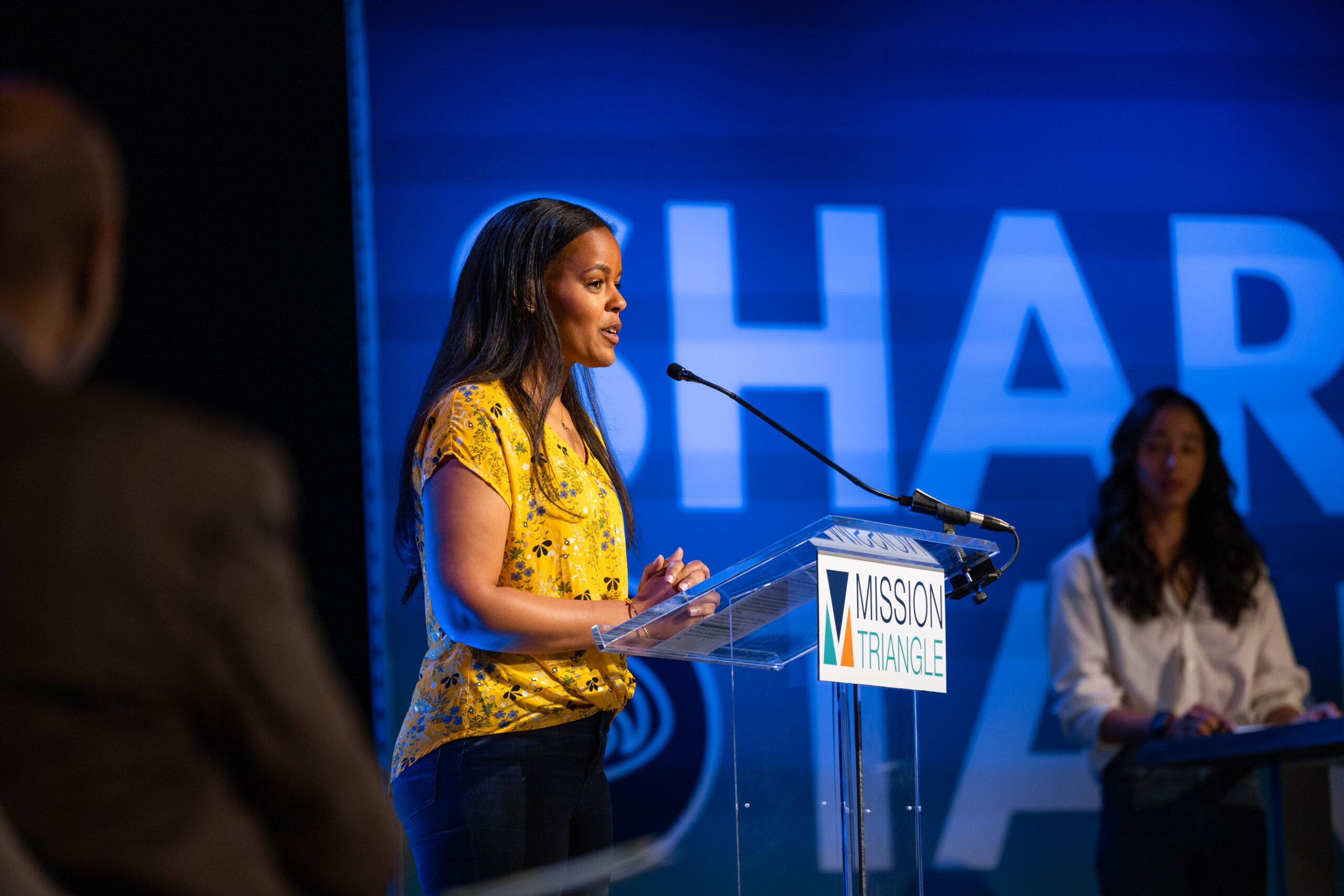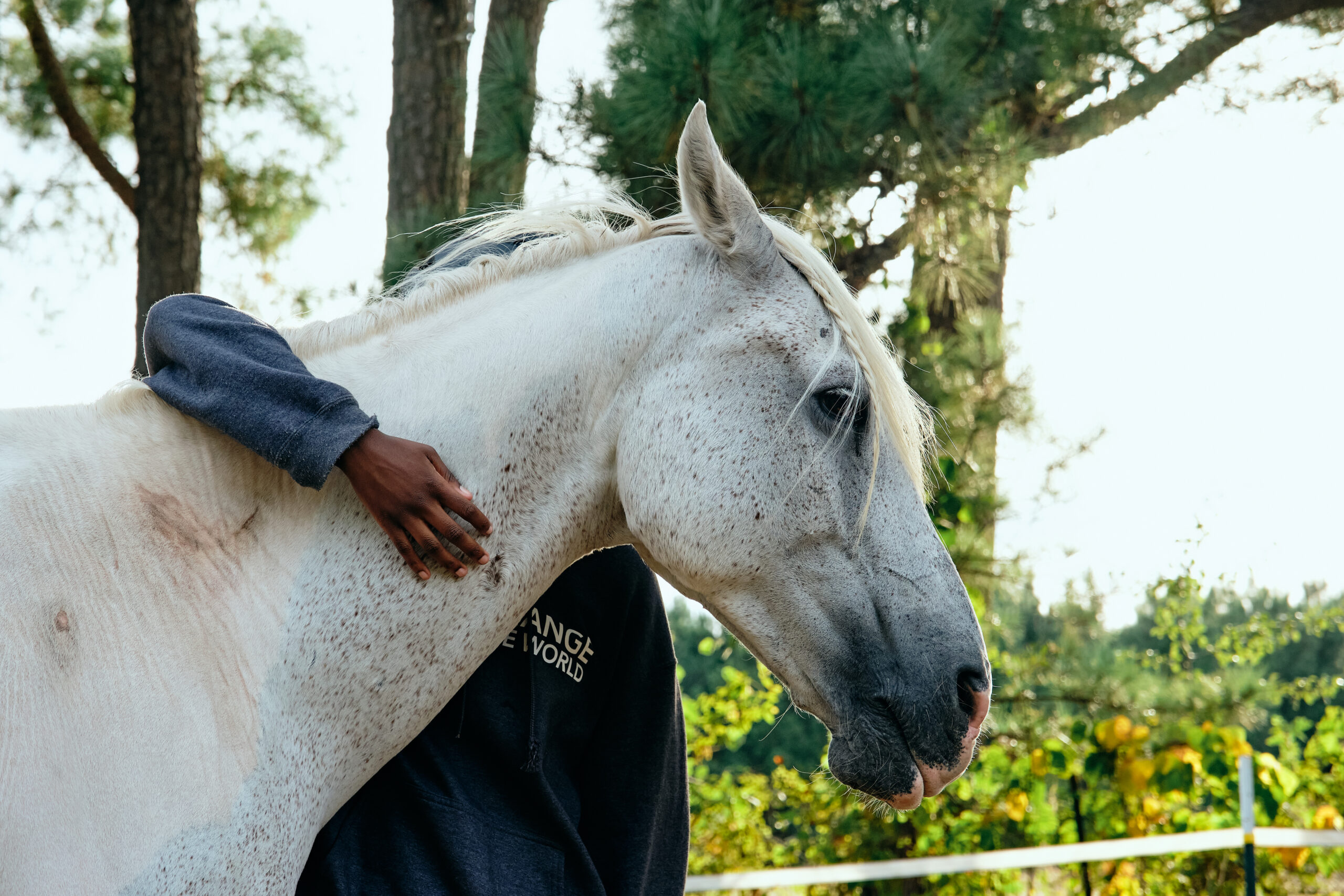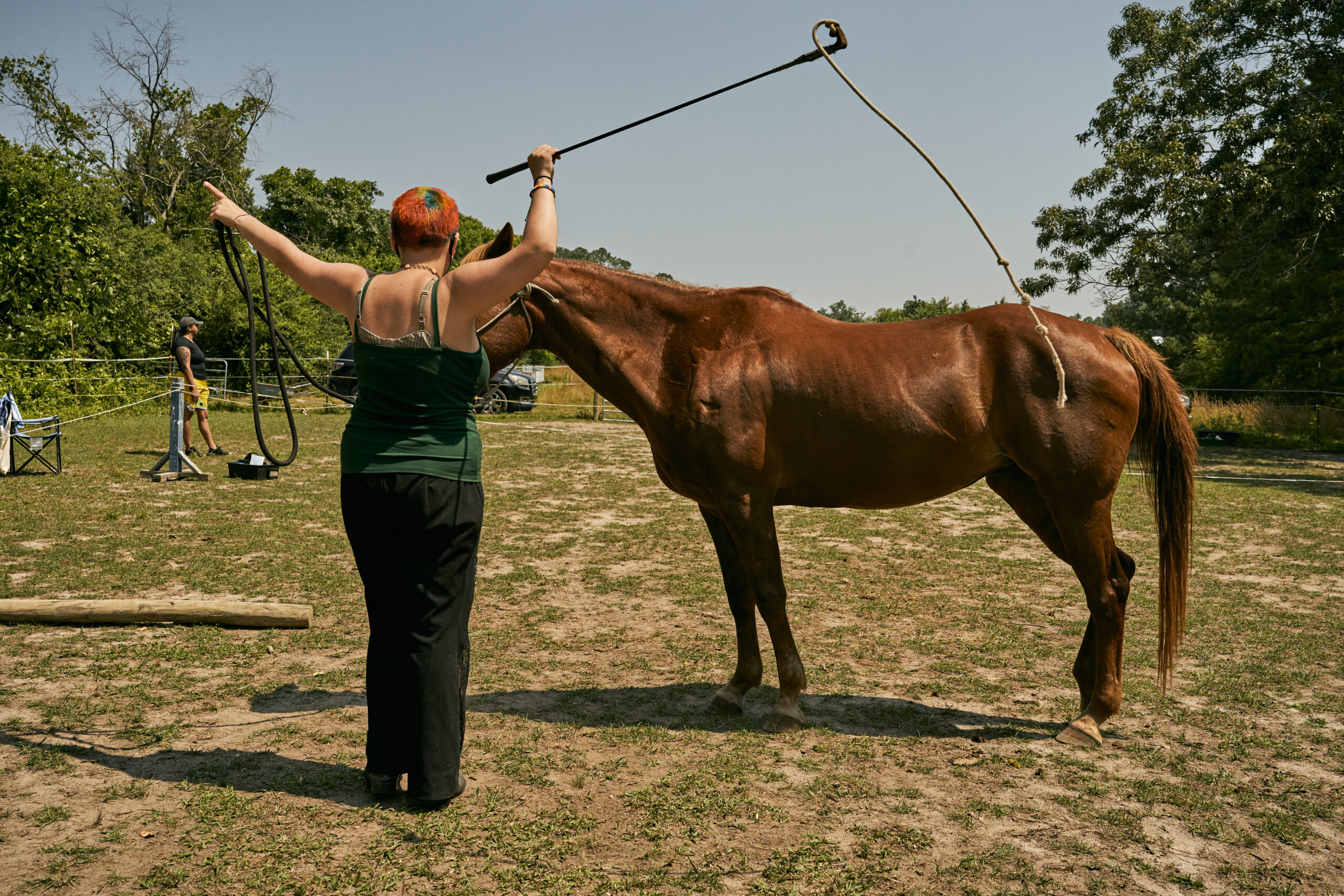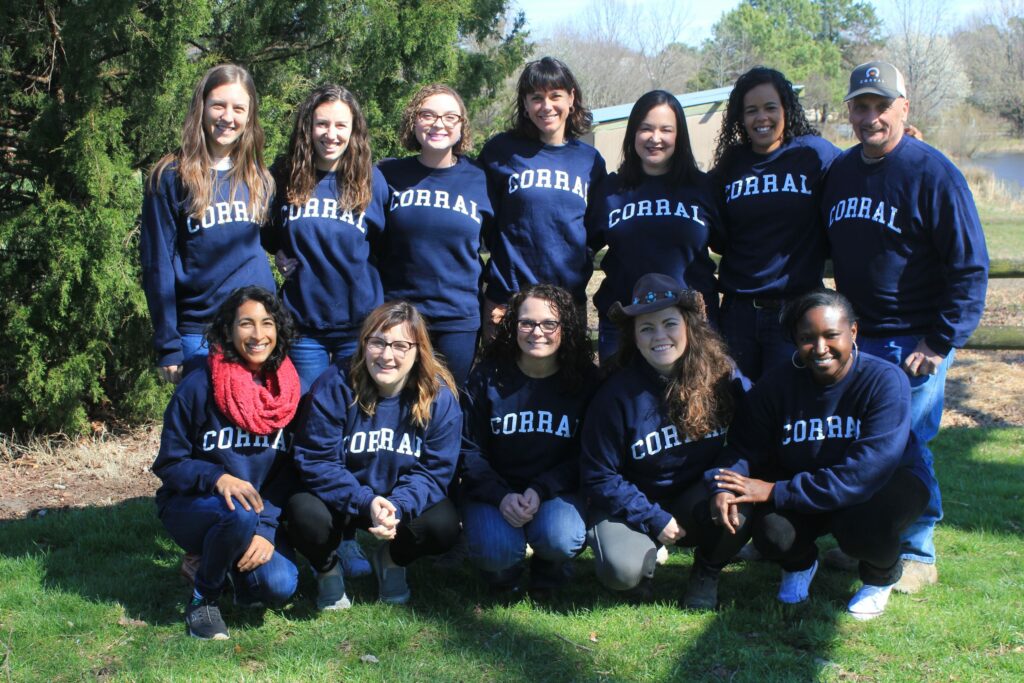Tracy Doaks is North Carolina’s State Chief Information Officer, Secretary for the N.C. Department of Information Technology and a CORRAL board member. Below, she shares the state’s goal for reaching digital equity.
We live in a digital age where it seems that everything we own — from our computers and phones to our cars and refrigerators — can connect, stream and download data at breakneck speeds.
But as the COVID-19 pandemic has clearly shown us, high-speed internet is about more than convenience — it’s a necessity. Without it, we can’t work, connect to health care or government services, and our children can’t learn remotely or do their homework.
Yet nearly a quarter million North Carolinian households don’t have access to broadband, and only 59 percent subscribe to it.
The end result — known as the digital divide — leaves people frustrated and many at a severe disadvantage.
As North Carolina’s state chief information officer and secretary of the N.C. Department of Information Technology, it’s a top priority for me to close the digital divide and move our state into one of digital equity, where everyone has not only affordable high-speed internet but the technologies and skills needed to participate in society, democracy and the economy.
Take students, for example. When they don’t have access to technology or reliable and fast internet, it leads to a homework gap where some thrive, and others feel left behind. To fight that, we lead innovative initiatives, such as piloting hot spot check-out programs at libraries, collaborating with technology companies to install Wi-Fi hot spots on school buses and supporting schools and other partners as they work toward closing the homework gap.
Other programs aimed at achieving digital equity include First Responders Emerging Technologies — or FirstTech — a collaborative effort focused on risks to first-responder systems, and the Growing Rural Economies with Access to Technology grant program designed to remove barriers that prevent high-speed internet expansion in economically disadvantaged counties.
We also continue improving information to find and fix internet coverage gaps with ongoing mapping and data analysis. The Broadband Infrastructure Office also provides technical assistance with on-the-ground broadband expertise to counties and communities across the state.
With these and future methods, we’re confident our goal of digital equity can be reached and everyone in North Carolina will have the technology they need to stay in touch with one another, succeed as students and grow as business owners.
I serve on CORRAL’s board for multiple reasons, but one of them being that this organization is tackling the educational gap head on and currently, providing hot spots, laptops and other resources to girls in our community who otherwise, risk getting left behind during this season.

